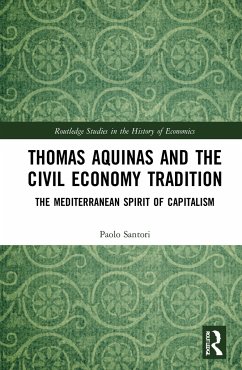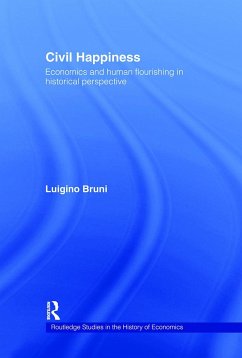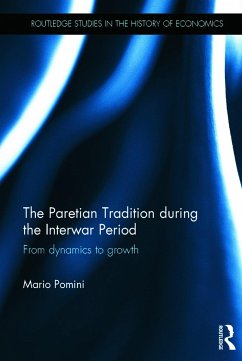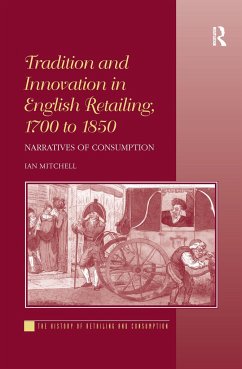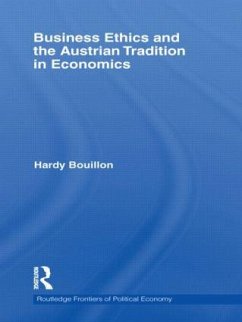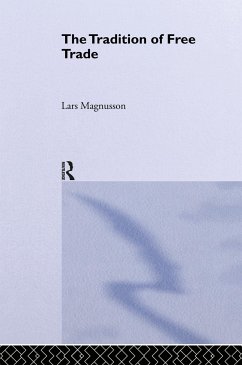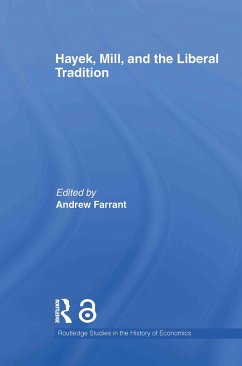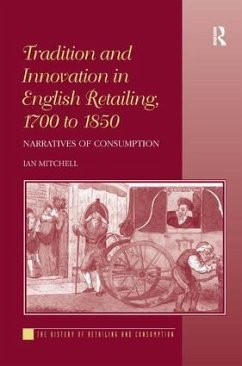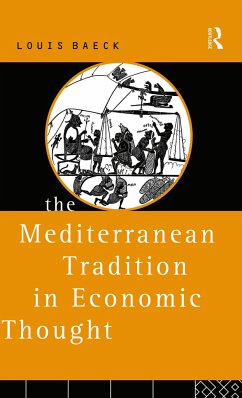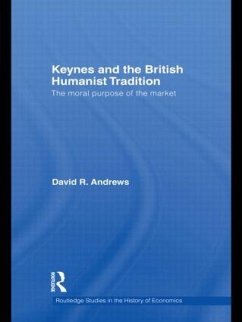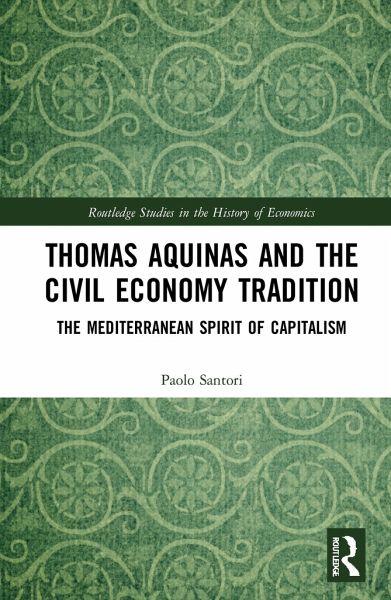
Thomas Aquinas and the Civil Economy Tradition
The Mediterranean Spirit of Capitalism
Versandkostenfrei!
Versandfertig in 1-2 Wochen
51,99 €
inkl. MwSt.
Weitere Ausgaben:

PAYBACK Punkte
26 °P sammeln!
Delving into the history of economic thought, this book presents a picture of the Mediterranean spirit of capitalism, a tradition that has its protagonists in Thomas Aquinas and the eighteenth-century civil economy, and seeks to understand its presence and relevance for contemporary societies.The book argues that it is reductive to attribute to the 'Protestant ethic' the different formations of capitalism in the Western world. Instead, it is vital to acknowledge the differences in the ways in which the market is lived, enterprises are created and conducted, and civic life in general is underst...
Delving into the history of economic thought, this book presents a picture of the Mediterranean spirit of capitalism, a tradition that has its protagonists in Thomas Aquinas and the eighteenth-century civil economy, and seeks to understand its presence and relevance for contemporary societies.
The book argues that it is reductive to attribute to the 'Protestant ethic' the different formations of capitalism in the Western world. Instead, it is vital to acknowledge the differences in the ways in which the market is lived, enterprises are created and conducted, and civic life in general is understood in different regions. This thought-provoking study demonstrates that in Southern Europe, the legacy of Aquinas and the civil economy adds different terms to those recurring in classical and neo-classical economy: common good, reciprocity, virtue, public trust, mutual assistance, and public happiness. It is these ideas of a market as a place for mutual assistance which can be said to characterize the Mediterranean spirit of capitalism.
Thomas Aquinas and the Civil Economy Tradition will be of interest to advanced students and researchers in the history of economic thought, economic philosophy, Christian ethics, and moral theology.
The book argues that it is reductive to attribute to the 'Protestant ethic' the different formations of capitalism in the Western world. Instead, it is vital to acknowledge the differences in the ways in which the market is lived, enterprises are created and conducted, and civic life in general is understood in different regions. This thought-provoking study demonstrates that in Southern Europe, the legacy of Aquinas and the civil economy adds different terms to those recurring in classical and neo-classical economy: common good, reciprocity, virtue, public trust, mutual assistance, and public happiness. It is these ideas of a market as a place for mutual assistance which can be said to characterize the Mediterranean spirit of capitalism.
Thomas Aquinas and the Civil Economy Tradition will be of interest to advanced students and researchers in the history of economic thought, economic philosophy, Christian ethics, and moral theology.





